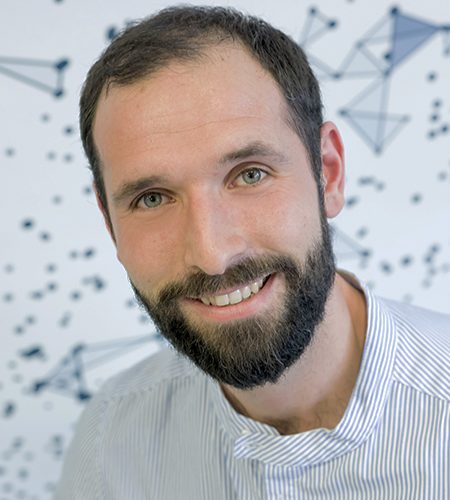IMDEA Networks

PhD Thesis defense: Deep Learning solutions for next generation slicing-aware mobile networks

Dario Bega, PhD Student, IMDEA Networks Institute and University Carlos III of Madrid, Spain
PhD Defense
By leveraging on novel concepts of virtualization and programmability, future 5G Net- works are expected to be reliable, high-performing and cost-efficient. However, the scope of 5G goes beyond just pure performance metrics, and incorporates profound changes in its architecture design which will change the mobile network ecosystem. It is now commonly agreed that future 5G Networks will build upon the network slicing concept. Network slicing is an emerging paradigm in mobile networks that leverages Network Function Virtualization (NFV) to enable the instantiation of multiple logically independent copies -named slices– of a same physical network infrastructure. With network slicing, different services can be provided by different network slice instances each of which consists of a set of virtual network functions that run on the same infrastructure. In this way, very heterogeneous requirements can be provided by the same infrastructure, as different network slice instances can be orchestrated and configured according to their specific requirements. Additionally, this can be performed in a cost-efficient manner, as the different network slice tenants dynamically share the same infrastructure.
Managing functions and resources under network slicing is a challenging task that requires making efficient decisions at all network levels and in real-time, which can be achieved by integrating Arti_cial Intelligence (AI) in the network. This thesis investigates the potential of AI for sliced mobile networks. In particular it focuses on resource allocation and orchestration for network slices. This involves two steps: (i)Admission Control that is responsible to decide which slices can be admitted to the network maximizing the overall system performance (in our case the infrastructure provider’s revenue), and (ii) Network resource orchestration that dynamically allots to the admitted slices the necessary resources for their operation.
Network Slicing will have an impact on the models that sustain the business ecosystem opening the door to new players: the Infrastructure Provider (InP), which is the owner of the infrastructure, and the tenants, which may acquire a network slice from the InP to deliver specific service to their customers. In this new context, how to correctly handle resource allocation among tenants and how to maximize the monetization of the infrastructure become fundamental problems that need to be solved. In this thesis we address this issue by designing a network slice admission control algorithm that (i) autonomously learns the best acceptance policy to maximizing InP’s revenue while (ii) it ensures that the service guarantees provided to tenants are always satis_ed. This includes (i) an analytical model for the admissibility region of a network slicing-capable 5G Network, (ii) the analysis of the system (modeled as a Semi-Markov Decision Process) and the optimization of the infrastructure provider’s revenue, and (iii) the design of a machine learning algorithm that can be deployed in practical settings and achieves close to optimal performance.
About Dario Bega
He graduated from the University of Pisa, Italy, in 2013, with a M.Sc. with Honors degree in Telecommunication Engineering and a specialization in Telecommunication Networks. In 2008 he went on to obtain an B.Sc. in Telecommunication Engineering from the same university.
After graduating, he started working for Commprove S.p.A as a Junior Product Manager, focusing on maintenance and development of new mobile network products. Subsequently, in the summer of 2015, he worked as a Security Consultant at Communication Valley Reply, Milan, Italy, where he took part in the UniCredit UBIS Group project.
The thesis defense will be conducted in English. Given the coronavirus crisis, the thesis defense will be online. However, you are all most welcome to attend. To be able to join, you should send an email to tesisleganes@uc3m.es asking for the access and writing as object of the email TELEMATICA DEFENSA DARIO BEGA.
PhD Thesis Advisors: Dr. Albert Banchs, IMDEA Networks Institute, Spain | Dr. Xavier Costa-Perez, NEC Europe Lab.
University: University Carlos III of Madrid, Spain
Doctoral Program: Telematics Engineering
PhD Committee members:
- President: Dr. Arturo Azcorra, Universidad Carlos III de Madrid, Spain. IMDEA Networks, Madrid, Spain.
- Secretary: Dr. Giovanni Neglia, Researcher at INRIA, Sophia Antipolis, France.
- Panel members: Dr. Patrick Thiran, Full Professor at EPFL, Lausanne, Switzerland.
More info
- PhD thesis: “Deep Learning solutions for next generation slicing-aware mobile networks”
- IMDEA Networks Publications: Theses
- PhD Students at IMDEA Networks
- Alumni Network

